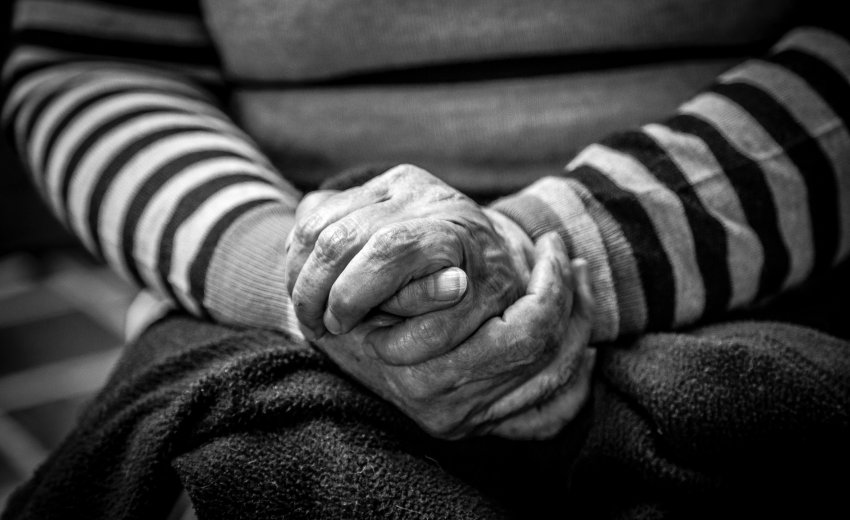One person in the world develops dementia every 3 seconds. According to Alzheimer’s Disease International, there were nearly 46.8 million people living with dementia in 2015, and the number is expected to surpass 50 million in 2018. These staggering statistics clearly showcase a need for the global community to recognize the prevalence of dementia and take the proper steps to support people with this disease, which significantly affects one’s quality of life.
In the Sikh community, it is understood that there is a lack of awareness surrounding dementia, which results in a similar lack of clinical treatments and a penchant for ignoring the symptoms. But this does not mean that Sikh families are not readily prepared to care for our loved ones who develop dementia. In fact, caring for family members is an inherent responsibility in the Sikh community.
If you are concerned for your loved one, there are certain signs of dementia you can recognize and there are supports you can put in place to help them deal with their symptoms.
Early Signs of Dementia
There are many known signs of early dementia that family members can quickly recognize. If you notice any of these symptoms in your aging loved one, you should take the proper steps to identify the condition and secure treatment. Some of the early signs include:
- Short-term memory changes, like forgetting where they left an object or if they had lunch
- Difficulty finding the right words in regular speech
- Mood swings
- Apathy
- Difficulty with usual tasks, like paying a bill
- General confusion
Often, these symptoms can arise long before a patient is actually diagnosed with dementia. But if you recognize any of these early signs in your loved one, visiting a doctor is imperative. The doctor can then present options to your family that can help your loved one with memory care or other therapies for dementia.
How to Support Your Loved One with Dementia
In the Sikh community, dealing with serious illnesses or diseases is usually centered on religious coping. Relying on faith as a means of coping is one way to ease into the struggles and symptoms of dementia; some communities in the world have even altered the local Sikh temples to be more dementia-friendly. But there are also ways you can support your loved one with dementia, such as researching and becoming as educated on the disease as possible.
Additionally, you can encourage your loved one with dementia to engage in support groups. Oftentimes, there are many support groups—either in person or online—that can inspire healthy conversation about all of the changes that come with dementia and how to navigate them.
Make sure that you yourself are calm in handling your loved one’s symptoms, and encourage their participation in normal activities as much as you can, but remember that each person is undergoing the experience in their own consciousness that the universe has designed for them at each point in his or her life. Sometimes a soul needs to pull back from worldly activities in order to reconnect with the One.
By recognizing the early signs of dementia and supporting your loved one in every way that you can, people with dementia in the Sikh community can be better prepared to cope with the changes and maintain a good quality of life.
Photo by JORGE LOPEZ on Unsplash

